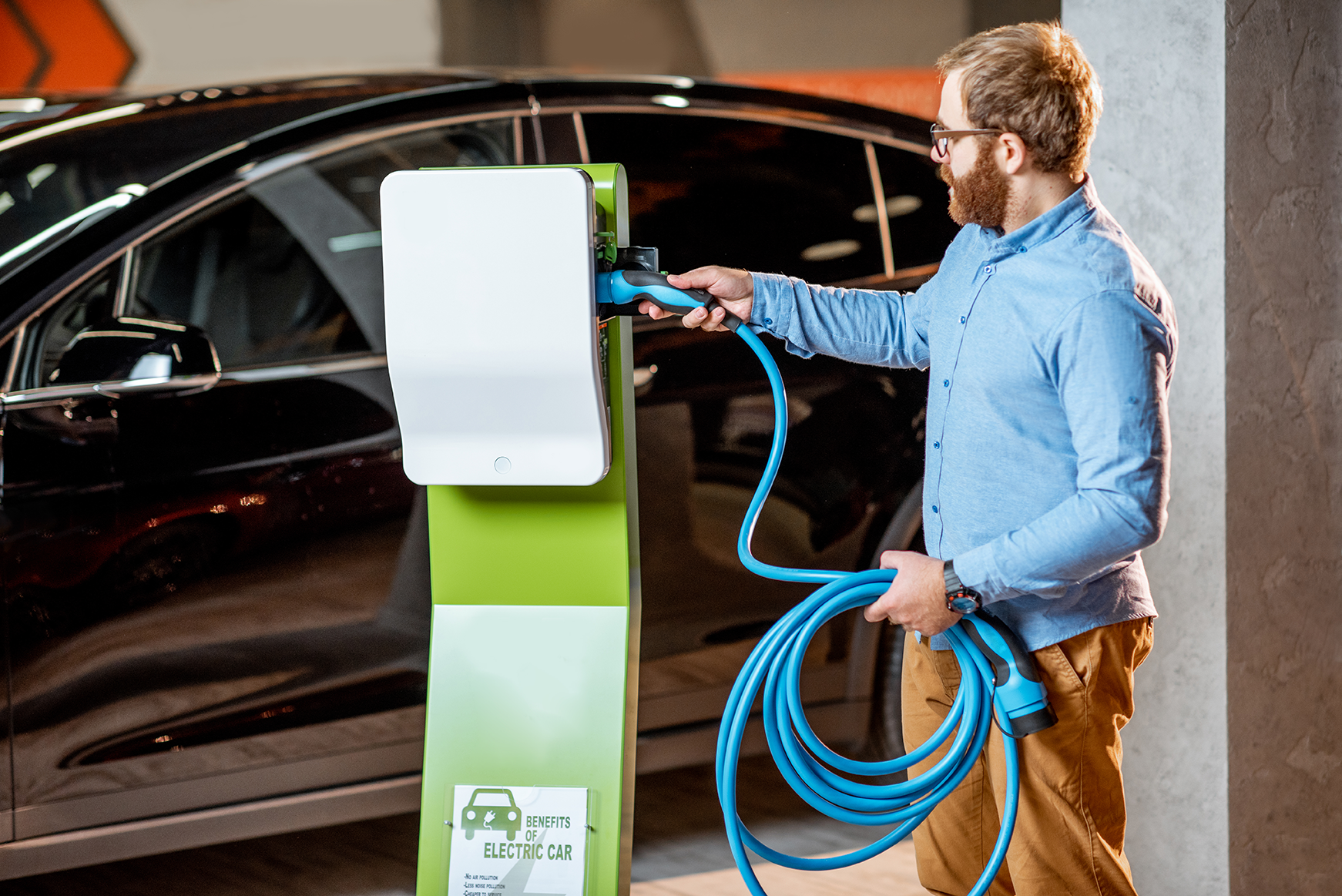The automotive industry is currently undergoing a significant transformation with the rise of electric vehicles (EVs). With the world shifting towards cleaner and more sustainable modes of transportation, the adoption of EVs has become a focal point for many automakers and consumers alike. This article delves into the realm of electric cars, navigating through the hype and reality surrounding their market presence and impact.
What is the current state of electric vehicles (EVs) in the automotive market?
Electric vehicles have witnessed remarkable growth in recent years, both in terms of market share and technological advancements. The overall adoption of EVs has been increasing steadily, driven by factors such as environmental concerns, government incentives, and improvements in battery technology. Major players in the automotive industry are actively electrifying their product lineups to align with the growing demand for electric cars.
Overview of EV Market Growth
The EV market has experienced rapid expansion, with sales of electric vehicles steadily rising across various regions. Consumers are increasingly opting for battery-powered cars due to their lower greenhouse gas emissions compared to traditional internal combustion engine vehicles.
Impact of EVs on the Auto Industry
The influx of electric cars has revolutionized the auto industry, prompting automakers to invest heavily in research and development to meet electrification goals. This shift towards electric vehicles has also led to the emergence of new players in the market, challenging the dominance of traditional car companies.
Key Players in the EV Market
Tesla, Volkswagen, Toyota, Nissan, and Hyundai are among the key players driving innovation in the electric vehicle industry. These companies have made significant investments in EV technology to cater to the increasing demand for electric cars.
How is the hype around EVs influencing consumer behavior?
The hype surrounding electric vehicles has played a crucial role in shaping consumer perceptions and driving widespread adoption. As more consumers become aware of the benefits of electric cars, such as lower running costs and reduced environmental impact, the demand for EVs continues to soar.
Consumer Perception of EVs
Consumer attitudes towards electric vehicles have evolved significantly, with many now viewing them as viable alternatives to traditional gasoline-powered cars. The increasing availability of charging stations and government incentives has further incentivized consumers to make the switch to electric cars.
Factors Driving Widespread EV Adoption
The growing concern over climate change and the need to reduce greenhouse gas emissions has been a major driver behind the widespread adoption of electric vehicles. With stricter emission regulations coming into effect, automakers are under pressure to accelerate their transition towards electrified vehicles.
Role of Automakers in Shaping EV Demand
Automakers play a crucial role in shaping EV demand by introducing new electric models, improving battery technology, and expanding their charging infrastructure. Collaborations between car companies and the development of more affordable electric vehicles are key to boosting EV sales and market penetration.
What are the challenges in achieving widespread EV adoption by 2024?
While the electric vehicle market is growing rapidly, several challenges hinder the widespread adoption of EVs by 2024. These challenges range from supply chain issues in EV production to policy impacts and the influence of key players like Tesla on the market dynamics.
Supply Chain Issues in EV Production
The supply chain for electric vehicles faces constraints due to limited availability of key components such as batteries and semiconductor chips. This supply chain bottleneck has the potential to hamper the production and delivery of electric cars, affecting the overall adoption rate.
Policy Impact: The Inflation Reduction Act
Government policies and regulations have a significant impact on the EV market. Initiatives like the Inflation Reduction Act aim to incentivize the purchase of electric vehicles through tax credits and subsidies, thus driving consumer interest in electrified transportation options.
Tesla’s Influence on the EV Market
Tesla, under the leadership of Elon Musk, has been a driving force in the EV industry, setting benchmarks for electric car performance, range, and technology. The company’s innovative approach to electric vehicles has influenced other automakers and shaped the direction of the market.
Can the automotive industry meet the electrification goals set for 2023 and 2024?
As the automotive industry transitions from internal combustion engines to electric vehicles, meeting electrification goals for 2023 and 2024 poses a significant challenge. Automakers like Volkswagen have outlined ambitious strategies to capture a larger market share in the EV segment, while industry disruptors such as Elon Musk continue to revolutionize the motor industry.
Volkswagen’s Strategy in the EV Market
Volkswagen has committed significant resources to electrifying its vehicle lineup, with plans to launch several electric models in the coming years. The company’s strategic focus on electric vehicles aims to position Volkswagen as a key player in the evolving automotive landscape.
Elon Musk’s Role in Revolutionizing the Motor Industry
Elon Musk, through his leadership at Tesla, has played a pivotal role in driving the widespread adoption of electric vehicles. His visionary approach to EV technology and commitment to sustainability have reshaped the automotive industry, inspiring other car companies to accelerate their electrification efforts.
How to Navigate the Electric Vehicle Hype for a Sustainable Future?
Amid the electric vehicle hype, it is crucial to evaluate the realities of electric cars and address key challenges to ensure a sustainable future for the automotive industry. Understanding privacy policies, promoting collaboration between automakers, and distinguishing between the hype and the actual benefits of electric vehicles are essential steps in navigating the evolving EV landscape.
Understanding the Privacy Policy of EV Manufacturers
As electric vehicles become more connected and data-driven, consumers must be aware of the privacy policies implemented by EV manufacturers to safeguard their personal information. Transparency in data collection and usage is paramount to building trust among EV users.
Collaboration between Automakers for EV Innovation
Collaboration among automakers is vital for driving innovation in the EV sector, enabling the sharing of resources, expertise, and technology to expedite the development of electric vehicles. Joint ventures and partnerships can lead to the creation of more advanced and sustainable electrified transportation solutions.
The Realities of Electric Cars vs. the Hype Surrounding Them
It is essential to differentiate between the hype surrounding electric vehicles and the actual benefits they offer in terms of reduced emissions, lower operating costs, and enhanced driving experience. Addressing challenges such as range anxiety, expanding charging infrastructure, and educating consumers about the advantages of electric cars are crucial for sustainable EV adoption.



